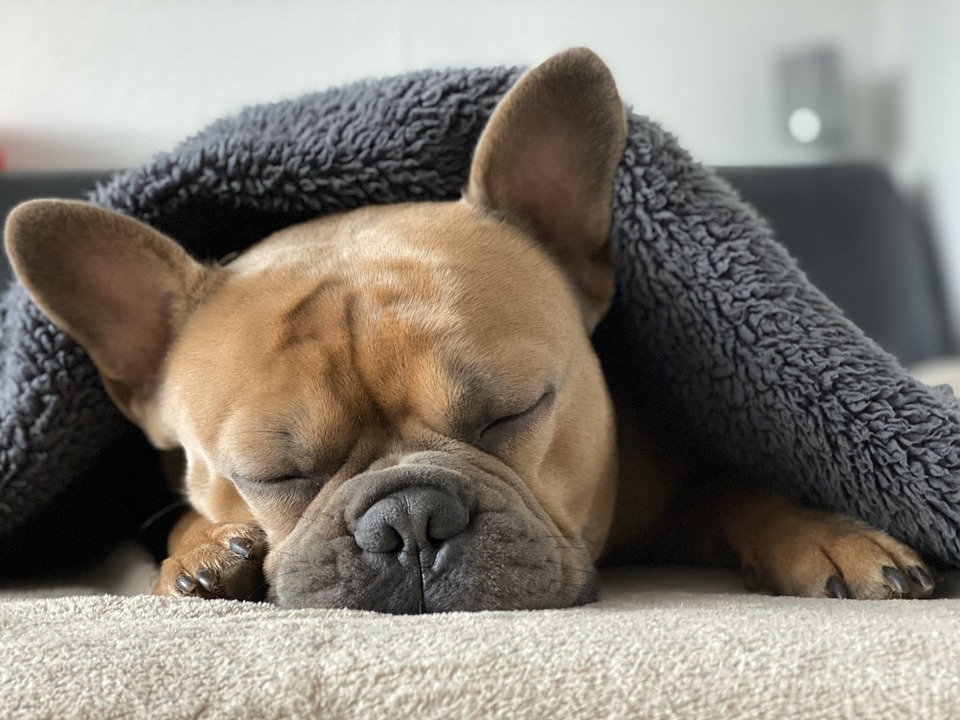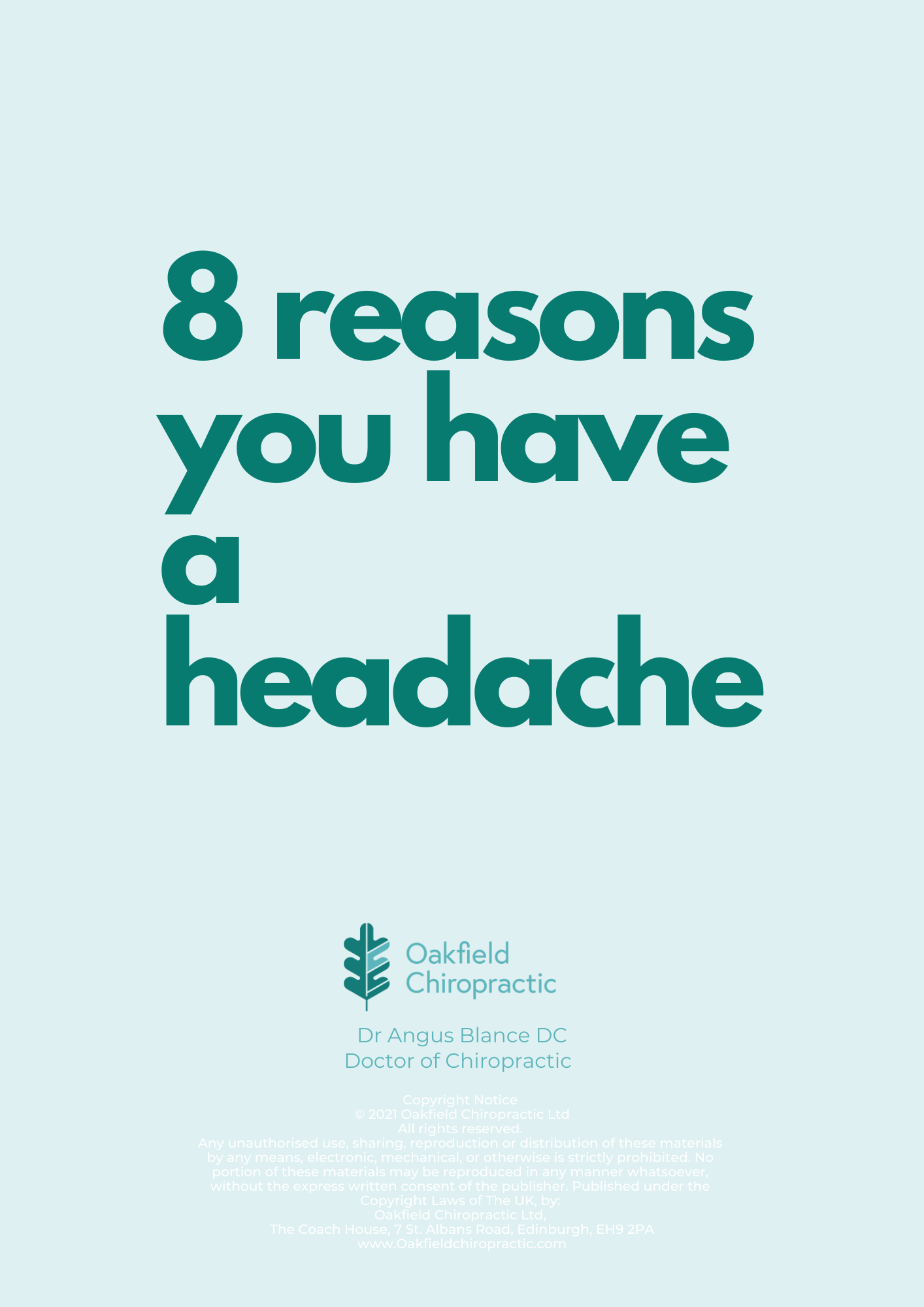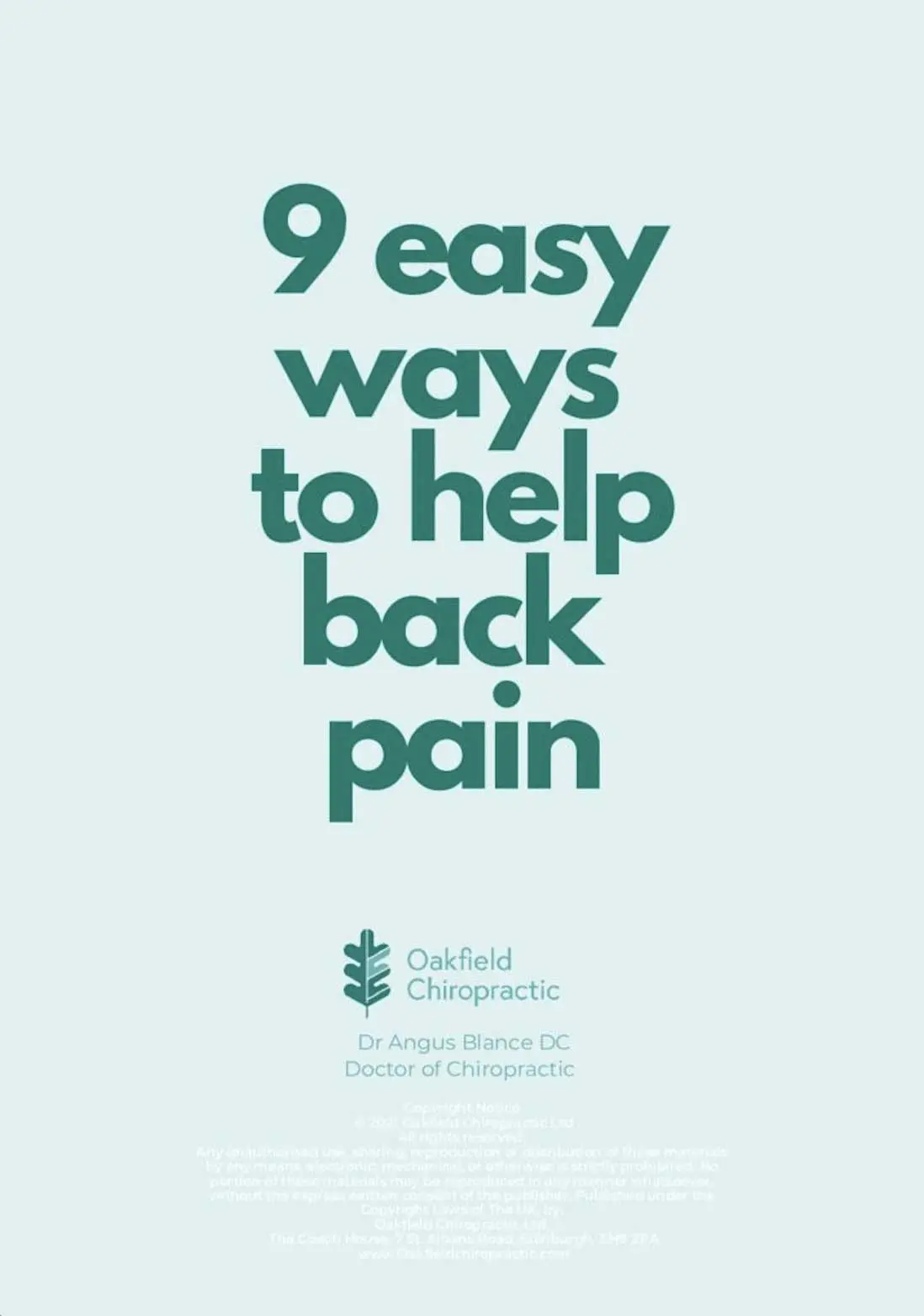SLEEP!
We all need it and some of us get more than others. You cannot underestimate the power of sleep for your body and the best thing about it is that it’s free! People can spend and spend on ways to improve their health and wellbeing but one of the top things you can do is to focus on sleep hygiene.
Getting enough sleep, and good quality sleep can help to boost your immune system (we talked about this in our winter sickness blog), improve your cardiovascular health, increase your attention and concentration level, as well as reduce your stress levels and improve your mental health.
With life being so busy and so many demands on our time, sleep can often be the thing that ends up lacking due to it being last on the list of things to focus on. Too little or poor quality sleep can drastically affect our health so here are some simple steps to help you improve your sleep quality:
AVOID BLUE LIGHT:
In this day and age many of us are glued to our phones, tablets, and devices. These devices emit a blue light which has been shown to impact our circadian rhythms.
Blue light affects our body’s ability to produce melatonin (the so-called ‘sleep hormone’), so scrolling on our phones just before bed makes it harder for our body to fall asleep.
Instead of lying on the sofa or in bed scrolling to catch up on the day, try to stop looking at your devices and switch the TV off at least an hour before bed. Instead, pick up a book or start your evening skincare routine to wind down before sleep.
You can also wear blue light blocking lenses to filter the amount of blue light your are exposed to from screens.
AVOID CAFFEINE:
This may seem like a no-brainer but many people will claim they can still sleep okay after a late-night coffee. However, it has been shown that consuming caffeine before bed has a massive impact on the quality of sleep. So even if you find yourself able to drift off after you post-dinner cappuccino, the likelihood is the quality of that sleep will be poor.
Experts suggest to avoid any caffeinated drinks for at least 6 hours prior to going to bed. This doesn’t just relate to coffee and tea but all caffeinated food and drinks including some fizzy drinks and also chocolate!
If you often have a bit of chocolate or a coffee before bed, try to avoid that this week and see if you feel the change in your sleep quality
EVENING ROUTINE:
The key to a good night’s sleep begins before you get into bed. As we have already discussed keeping way from blue light and caffeine in the lead up to settling into bed can make a difference to your sleep. The reality is that a good evening routine can, for all intents and purposes, ‘trick’ our body into a better sleep.
Consistency is key to this and having a consistent evening routine and a pretty consistent time you lay your head on the pillow not only helps us to relax but allows our brains to recognise the routine as a precursor to sleep. This allows the body to relax and prepare for sleep before we even get into bed.
Find a routine that works for you; it may be having a bath, reading a chapter of your book, listening to some chilled out music, having a (caffeine-free) herbal tea, or following a step by step skincare routine. Finding what makes you feel relaxed and prepared for sleep then repeating this consistently will increase your quality of sleep.
TRACK YOUR SLEEP:
Tracking your sleep allows you to better understand trends and patterns in your sleep, which can then allow you to perhaps find patterns in your lifestyle that are affecting your sleep. Most smart watches like a FitBit or Apple watch will track you heart rate and sleep quality if you wear it to bed, and there are numerous apps that do so too.
One that our CA Emma uses is Sleep Cycle, which has a free version and a paid version. Emma just uses the free version which gives you insights into your sleep and you can choose a time-frame for the alarm and it will wake you up at the optimal time during this zone, based on what sleep phase you are in.
Tracking is another tool that allows you to build a bigger picture and make any alterations to your habits or routines to gain optimal sleep length and quality.
AVOID NAPPING:
When you’ve had a tough morning and you feel the post-lunch tiredness kick in, your working from home or have the day off and your bed is calling you for a wee cat-nap, try to resist! Frequently napping can make it much harder to get good quality sleep in the evening. Try your best to get 7-9 hours of sleep at night so you can avoid trying to catch up with daytime naps.
That’s all for today, make sure you are getting that good quality sleep by trying the tips above and see what difference you feel to your heath and wellbeing!


